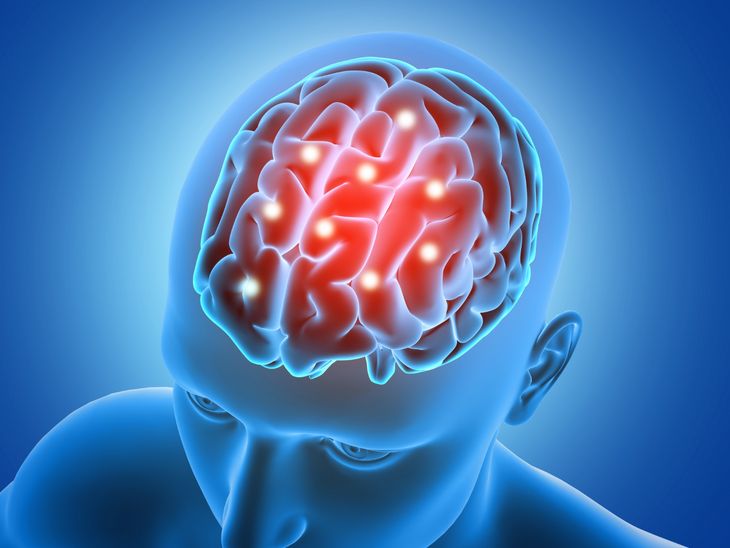The study of a group of scientists on the food and its effect on brain could make great progress in the fight against obesity and other problems with managing a healthy weight. They discovered the mechanism by which a high-fat diet inflames the hypothalamus and increases appetite, creating a “vicious cycle.”
A team led by Michiru Hirasawa, from the Memorial University of Newfoundland (Canada), publishes a study in the PNAS journal in which they try to understand the relationship between inflammation of the hypothalamus, a part of the brain that regulates energy balance, and our feelings of hunger, and the consumption of high-fat diets.
The research focuses mainly on the foods high in fat or sugar, which are also tasty. These foods produce inflammation of the hypothalamus that increases appetite to levels that make us eat more than we need and gain weight.
measuring-tape-gaecf53aaa_1280.jpg
However, scientists have also observed an apparently paradoxical effect. Inflammation in that region of the brain is also associated with diseases such as anorexia and others that cause weight loss.
It happens that, according to specialists, diets rich in fat cause prostaglandin E2 (PGE2), a molecule that regulates immune system processes such as fever, to activate the MHC hormone in the hypothalamus, which makes us feel hungry. The inflation it generates has an impact on appetite.
Of course, each individual is different and reactions cannot be accurately predicted. But the mechanism, if controlled, could be key to maintaining a healthy weight and a more personalized diet.
brain.jpg

According to the study, reggaeton generates in people a kind of “internal pulse” that follows the beat trying to predict the next beat.
Freepik.
The authors of the work verified that, by genetically modifying the mice that participated in the study, the receptors for this prostaglandin in the MHC neurons were eliminated, the animals were protected against obesity or fatty liver that caused inflammation of the hypothalamus linked to a high-fat diet.
Hirasawa acknowledges that it is not easy to predict “the result of inflammation, because low or high intensity is relative, it can be acute or chronic and involve many different organs, cells and molecules.” However, although they produce different ailments, “reducing inflammation can alleviate both symptoms.” For this reason, the researcher proposes that any strategy that achieves this effect can be useful from many points of view. “For example, the Mediterranean diet is anti-inflammatory and is known to help reduce weight in people who are overweight or obese.” Finally, she cautions that it is also “essential to be selective about how and when anti-inflammatory treatments are used, as inflammation is also necessary for our daily functioning, for example healing wounds or fighting infections.”
Hirasawa believes that his findings “may one day lead us to treatments for obesity.” Knowledge of the mechanism that starts with the intake of fatty foods and causes inflammation that increases appetite would allow the development of treatments that use this target. The genetic modification to which the mice in the study published in PNAS were subjected seems a very radical option and it must be taken into account that PGE2 has many other functions, apart from inflaming the hypothalamus and making us hungry. “It is to be expected that treatments that block this mechanism will have an anti-obesity effect,” says Hirasawa. However, he concludes, “it is critical to identify possible side effects and test their safety before using them.”
Source: Ambito
I am an author and journalist who has worked in the entertainment industry for over a decade. I currently work as a news editor at a major news website, and my focus is on covering the latest trends in entertainment. I also write occasional pieces for other outlets, and have authored two books about the entertainment industry.




